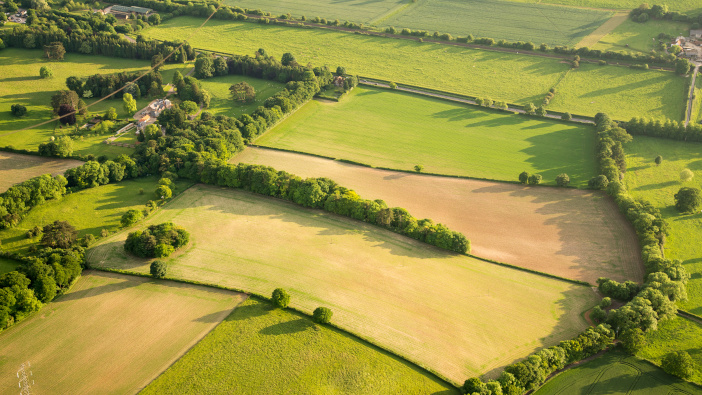Following the speech from Secretary of State for Environment, Food and Rural Affairs Steve Reed at the Oxford Farming Conference, agricultural industry figures have responded.
Many won’t make it to New Deal
NFU president Tom Bradshaw said: “There are positive elements to this announcement, but it fundamentally fails to recognise that the industry is in a cash flow crisis with the lowest farmer and grower confidence ever recorded. That’s today. Many are worried about making it to the end of 2025, never mind what happens 25 years down the line.
“Devastating inheritance tax changes, national insurance hikes, crippling cuts to direct payments1 and delays to environmental schemes mean many businesses won’t survive to benefit from the ‘New Deal’.
“It’s great that government thinks farming and growing businesses should be more profitable and sustainable in the long-term. It’s also good to hear the government say the primary role of farmers and growers is to produce food, but how is it going to ensure food production is profitable when thousands of farmers and growers are questioning whether they’ll still be in the industry in the next year?
“The agricultural transition, which began with the previous government’s Health and Harmony consultation in 2018, assumed that the loss of direct payments would be offset by farmers getting a proper financial return from environmental schemes, significant improvements in productivity, and increased returns from fairer functioning markets. This has not happened.
“The government must now face up to the reality of the fierce policy headwinds and challenging market conditions the industry is facing into and act to secure the future of British farming. Its first priority as a matter of urgency must be to pause and consult on changes to Agricultural and Business Property Relief and review the delays and challenges to agri-environmental schemes.
“To have a genuine reset moment with farmers and growers after the inflationary budget, all of these issues need to be addressed. Only then can the government’s long-term vision be achievable. As we go through the detail of today’s announcements, we will continue to engage with Defra and stand up for the voice of British farming.”
Inheritance tax could wipe out profits
Country Land and Business Association (CLA) president Victoria Vyvyan added: “The Secretary of State says he wants to improve farm profitability, yet family farms and businesses face having what profits they do make wiped out by inheritance tax bills. Capping vital inheritance tax reliefs will threaten their viability and not deliver the growth and investment the government says it wants to achieve.
“Farmers are playing their part in enhancing the environment and delivering public goods, but they also need to be able to run viable, profitable businesses. The government’s freezing of the farming budget and lack of ambition for the rural economy is hitting confidence.
“To grow the rural economy, the government must invest in productivity, strike new trade deals and defend farm businesses from drought and flood.”
More farms could be affected by IHT as inflation rises
The speech came as the Central Association of Agricultural Valuers (CAAV) released a statement from secretary and advisor Jeremy Moody indicating that 19% more farmers could face inheritance tax charges in the next decade due to the effect of inflation and frozen reliefs.
“Our calculations point to the first decade of the proposed policy ending with 89,500 farming taxpayers liable for inheritance tax (IHT) on their farm assets,” he says.
“The first 10 years alone would add some 14,500 (19%) to the CAAV’s assessment of 75,000 affected farming taxpayers over a generation – simply because of inflation, if there is no policy change. More would follow as each year goes by.”
The main IHT relief for all taxpayers, the nil rate band, has been frozen at £325,000 since 2009, and the Budget now freezes it to 2030 – 21 years.
“That gives no confidence that the £1m full relief for agricultural property relief (APR) and BPR will be protected against inflation,” he adds. “Even more farmers would therefore be caught than has been suggested.”
While the nil rate band would be used first for personal assets, which from April 2027 will include unused pension funds, it gives a measure of how inflation brings people into tax.
When full APR and BPR were introduced in 1992, the nil rate band of £140,000 was worth some 56 acres of typical farmland. The £325,000, frozen since 2009, is now worth 29 acres, protecting less of a farm that would now often be larger than it was then.
“Based on average annual inflation of 3% since 2009, it’s easy to see how quickly a lot more farmers will fall into this punitive tax band.”


